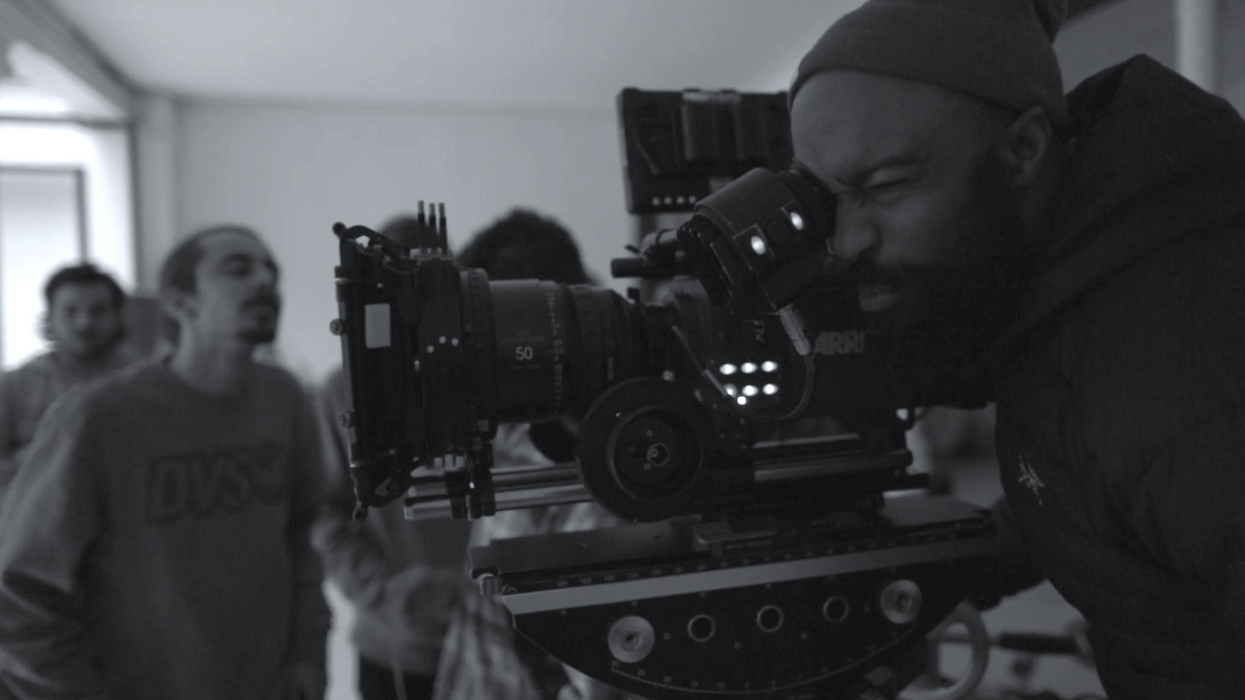Live & Die By Your Images: Bradford Young on What It Means to Be a Cinematographer
In a crowded market of emerging cinematographers, Bradford Young stands alone.

If you're unfamiliar with Young and his work, you only need to glance at his IMDb page to know that he's the real deal. In the past five years, Young has lensed some of the most stunningly beautiful indie features to hit the mainstream, including Ain't Them Bodies Saints, A Most Violent Year, and most recently, Oscar-winner Selma.
In an interview with the Spanish cinematography school EFTI (the same folks who brought us the goofy "being a cinematographer" video, which spawned this hilarious parody), Young chatted about all sorts of topics related to the craft. First up, the TLDR version. Here's a brief montage of Young's answer to the "what does it mean to be a cinematographer" question:
And here's the full interview, in which Young chats about all sorts of topics, ranging from how his childhood years in and around funeral homes enhanced his understanding of aesthetics, how culture and personal experience inform the way he creates images, the film vs. digital debate, and tons more:
Even though the idea that we need to figure out what it means to be a cinematographer is a bit of a strange one — you might as well ask what it means to be an accountant or plumber— there's quite a bit that we can take away from this interview. The most important bit however, is Young's attitude towards what he does. He puts his everything into every image that he creates, and attempts to make those images as valuable and meaningful as possible. There is no phoning it in. No showing up on set, creating some mediocre work, then collecting a paycheck. It's not only something that he feels compelled to do, but something that he feels compelled to pour his soul into, day in and day out.
The other important aspect of all of this is how you define your voice as a cinematographer. This is perhaps the hardest part of working your way into any artistic profession because it's intangible and uniquely personal in many ways. There is no guidebook to finding your voice. It's simply (or not so simply) a matter of living and developing perspective. But as Young alludes to, if you're able to internalize your journey and your culture, and then use those things to create images that are unique and which resonate with you, then you're well on your way towards a meaningful career as a cinematographer.
Source: EFTI











